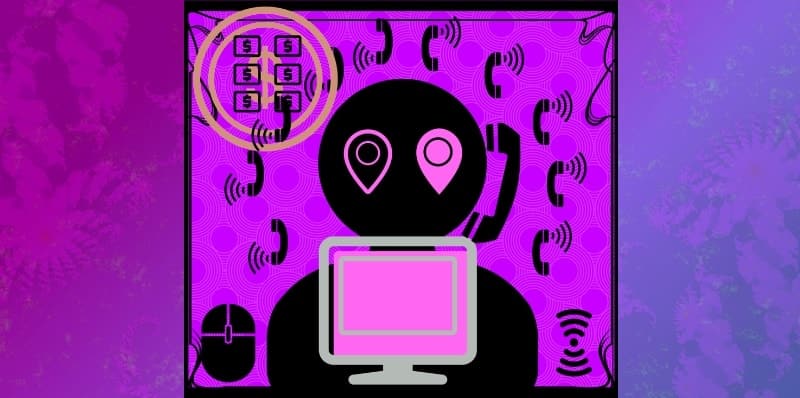“Hello, Windows Technical support here…” Is how many bad conversations have started for the people fallen victim to tech support scams. These integrity-lacking scammers make their money by taking yours; through pressuring you into buying software you don’t need at all. Don’t be quick to think you can’t be fooled that easily, as these ‘scammers’ are trained in the art of leading the conversation through lies and persuasion.
The latest scheme going involves scammers trying to impersonate the company dell. They will tell you that you have a virus and need to install a certain programme so they can ‘fix’ your problem. They will then try to take several hundred pounds of you for their service. Strangely, victims have reported that the caller already knew a lot of information about them and their service history with dell. This suggests there could be a data breach on dell perhaps.
Once access of the victim’s computer is granted, it’s not unknown for their computer to detect malware. This could be a strategy of theirs to create further business, as they could provide the solution. Sneaky – I know right!
So, how to get your own back?
There are a few ways to keep the justice of the system, some more fun than others…
1.Report it – let the company they are trying to impersonate know, or you can file a complaint to the Federal Trade Commission
2.Let others know – write an article about it or let your following on social media know
3.Entertain – yes this sounds like something I would do in this situation, play along with them and “prank” them.
4.Let the US sue them! – The Indian company iYogi and its President Vishal Dhar have been sued for illegal business practices by the US, for “pressuring consumers into buying unneeded software.
Also, you can avoid being scammed by looking out for key factors these scammers are prone too. This includes High pressure language and tactics, asking permission to remotely access your pc or phone and a big no-go is requesting credit card numbers and passwords.
Whether or not you are a dell user, Tech support scams are real and they may happen to you (although I hope they do not). I believe after reading this blog you are now more educated in what to look out for and more prepared to notice a scammer. The chances are you never had a problem in the first place, and even if you did, there are loads of local it tech supports to help you out personally. I wish you the best in your computing!
Check out our previous blog on:
THE NEW AGE CRIMINALS – Ransomware


